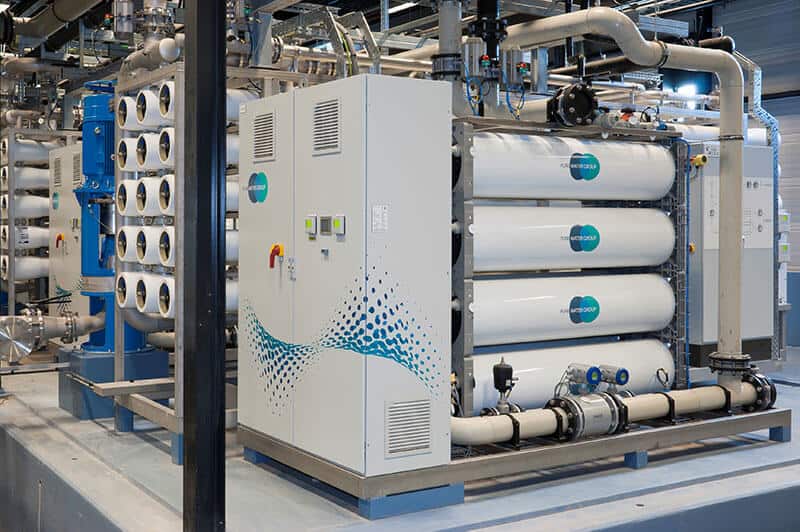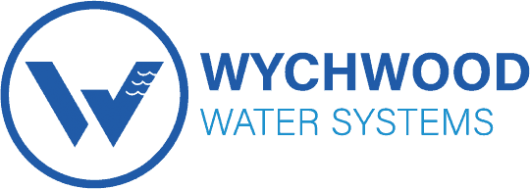Menu
Continuous Electro Deionisation (CEDI)
Lower your operating cost with CEDI technologies. Contact us for more information or advice.
This type of water treatment involves the use of two technologies to separate contaminants from water. Both membranes and ion exchange are used in electro deionisation. Often used as a replacement for traditional industry ion exchange units, CEDI is used in many types of businesses and is considered to be a very efficient as well as an environmentally-friendly process for the treatment of water.
How CEDI Works
As water enters the electro deionisation unit, it gets diverted to individual cells. A DC charge is then applied across the cells, separating water molecules into hydroxyl and hydrogen ions. These ions then pass through cation and anion membranes before entering the concentrate chamber. This is what allows the resin beds within to be continuously regenerated.
The water which passes through the system, otherwise known as dilute, is free of contaminants such as total dissolved colloids, chlorine and silica.

If you would like to learn about which filtration system will be most effective for your business, please get in touch with us today
Advantages and Disadvantages
Electro deionisation has several advantages. First, CEDI doesn’t require the extra steps of other treatment processes such as waste neutralisation and chemical regeneration. CEDI also offers lower operating costs due to no need for chemical regeneration solutions to be purchased. As well, no maintenance or labour is necessary to operate this type of water treatment system. CEDI units do not require two separate treatment units, which can add significantly to the complexity, size and overall cost of the system.
However, fouling and scaling can occur with CEDI systems. This is because this type of system does not require regenerant chemicals, which can help to keep other types of water treatment systems such as membranes free of such debris. CEDI is very popular in Pharmaceutical and Power Generation circles.
The potential downside of CEDI:
- High capital cost
- Must be fed with RO
What Our Clients Think
“Having an old De-Alk plant we were in a position to upgrade and went out to tender. Wychwood Water were one of the companies to respond, organising a full site visit and answering all questions fully and in great detail. The knowledge from Wychwood was second to none and any questions we had were quickly answered. Everything from the tender response to install went smoothly without any issues. I would definitely recommend Wychwood Water if you are looking for a comprehensive, professional company.” Jonathan Patman

Is CEDI right for you?
Despite its many advantages, you may be unsure about using electro deionisation for your application. When in doubt, visit Wychwood’s Contact Us page to get in touch with one of our knowledgeable team members, who can advise you on the best alternatives for your business. Alternatively, you can fill the form below to enquire about our range of CEDI units.
Request a Consultation With Water Expert
Wychwood Water needs the contact information you provide to us to contact you about our products and services. You may unsubscribe from these communications at anytime. For information on how to unsubscribe, as well as our privacy practices and commitment to protecting your privacy, check out our Privacy Policy.
Enquire Form Product
Unlock Pure Excellence in Water Treatment Today! Don’t let water quality concerns hold back your business. With our expert advice and cutting-edge solutions in commercial water treatment and filtration, achieving optimal water quality has never been easier. Dial us now for a personalised consultation and discover how our services can elevate your operations to new heights of efficiency and sustainability. Your journey towards crystal-clear, quality water begins with just one call. Reach out today

